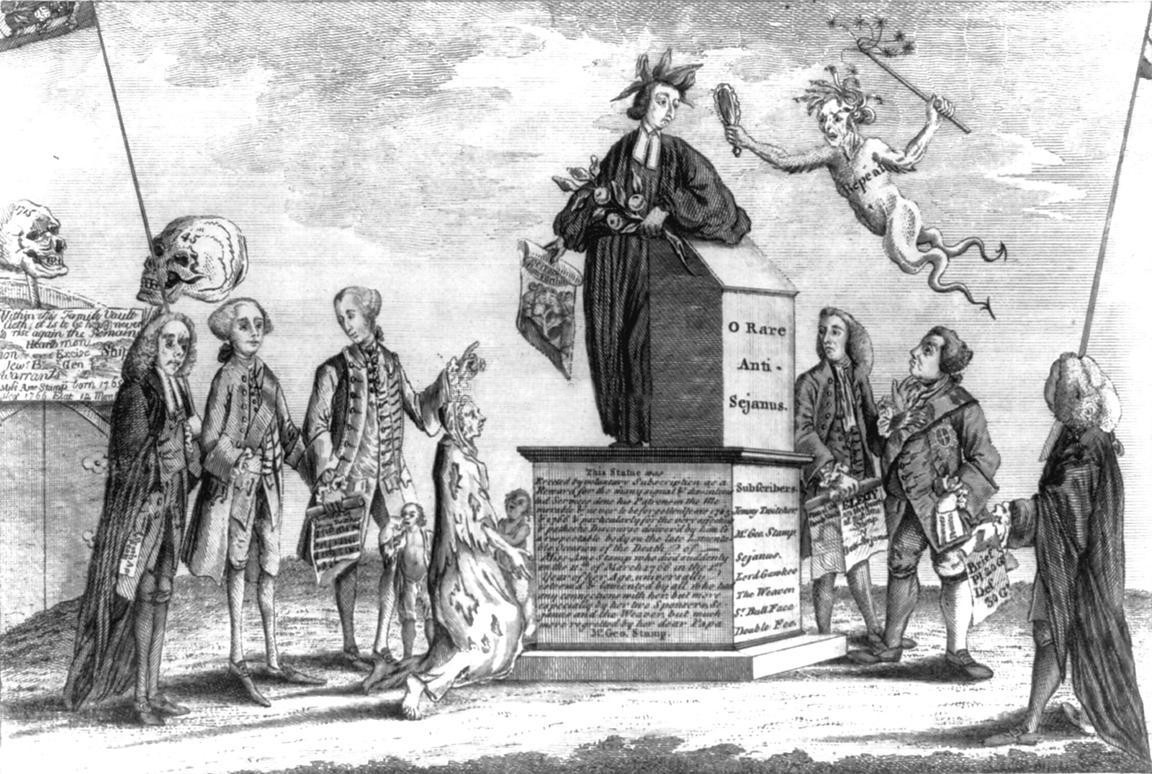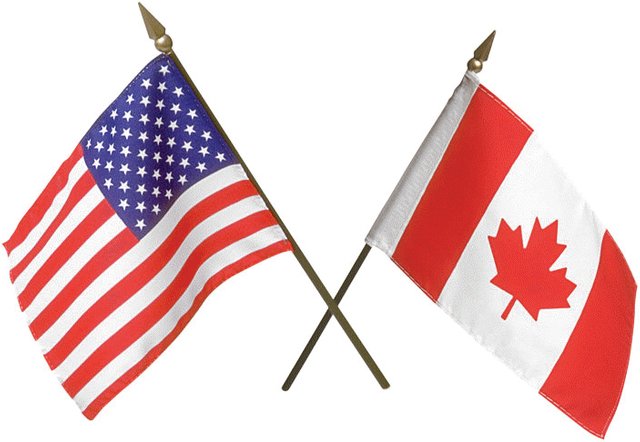Two Children of a Common Mother - July Reflections

A woman once had two children. The elder, wearying of his mother’s control over various aspects of his life and believing her treatment of him was unfair, rebelled and broke all ties with her.
The younger child stayed with his mother. Eventually, this child would also go his own way, but was never far away when she needed assistance. He continued to contribute to her support and well-being for many years.
After a few quarrels and testy confrontations, the elder child eventually made his peace with his mother. In time, this elder child would also come to his mother’s aid in times of need – but only after he found it in his own best interests to do so.
As these two children grew and had families of their own, they shared many traits in common, yet their personalities could not be more different. The younger tended to be, on the whole, less quarrelsome, more tolerant, and more conscientious about caring for his own.
The elder on the other hand could be vain, combative and intolerant when his own children refused to conform to his own standards of behavior. If one or more of his own children was hungry or became sick or injured, his response was to let them take care of it themselves, any way they could.
If you haven’t recognized the two children in this story yet, then you probably aren’t familiar with the overall history of North America. This is in essence the story of Canada and the U.S. Sharing the longest unguarded border in the world, these two nations share a common heritage and language as well as a number of popular cultural institutions and celebrities – yet their respective cultures could not be more different.
The fact that Canada is a liberal society that guarantees universal health care for all its residents and provides a number of social safety nets while the U.S. tosses its people to the mercy of the corporate “free market” is well known and well documented. It is also well known that gun violence is far more common in the U.S. than in Canada (despite the fact that more Canadians own guns). What is not always understood is why this should be. For that, we need to go back to the beginning.
Contrary to popular myth, the Founders of the U.S. and the Framers of that nation’s constitution were not wealthy men even by today’s standards. Most of them were idealists, even while often unable to live up to their ideals (case in point, slave-owner Thomas Jefferson). In fact, their problem with the Mother Country had little to do with freedom, which most colonists (at least those who were white male landowners) already enjoyed – but with their rights as English citizens, which were being denied.
Like the U.S. Congress over the past few decades, the English Parliament was giving preferential treatment to a huge multi-national corporate power – in this case, the British East India Company. The BEIC was the Wal-Mart of its day; favorable government tax policy toward this corporate behemoth made it exceptionally difficult for small, local merchants to compete. As colonists, they were not entitled to representation in Parliament, yet were bound by these sorts of economic policies that favored the big players over the little people. It was inevitable that resentment would eventually boil over into all-out rebellion. Those who remained loyal to the British crown fled to the northern colonies that would eventually become Canada.
In the U.S., the issues around the Revolution, as well as the sheer violence of it would have a lasting impact on the national psyche. It created a healthy suspicion of power and authority in a people who became fiercely protective of their rights – and wouldn’t hesitate to protect those rights with firearms. As the Western regions were opened, the settlers came into regions that basically lacked any system of law and government. Eventually, the federal government would send out their marshals to keep the peace and enforce the law, but this generally happened after settlement had been established.
Unlike the U.S., Canada’s independence from England came in a series of stages, which began when the people of Canada started to understand that they were facing problems similar to those that had led to rebellion further south – i.e., decisions made by officials appointed by the British crown who were not accountable to those they governed. This situation sparked a number of rebellions in the late 1830’s, by which time Britain – apparently wishing to avoid a replay of 1776 – began taking steps that eventually led to the formation of the British North America Act of 1867, and the first independent Canadian government.
At the time, there was very little settlement in Western Canada, and British Columbia had yet to join the new federation. To encourage and facilitate settlement, the new government sponsored the construction of the Canadian Pacific Railway and more significantly, established the Northwest Mounted Police – ensuring the presence of law and order ahead of the arrival of any sizable groups of settlers.
This may be one explanation for the cultural differences between the U.S. and Canada. The complete story is obviously more complex than the foregoing overview. Nonetheless, the historic (as well as the largely mythic) idea of the “Wild West” in the U.S. has had a great impact on that nation’s culture, along with the myths of “rugged individualism” and the lone pioneer who goes out to single-handedly tame the wilderness without interference or assistance from a distant government. On the other hand, settlers of the Canadian West have enjoyed the protection of law enforcement and some type of civil order practically from the beginning.
It lends credence to the idea that nations and their people, like individuals, are greatly influenced by early experience.

Congratulations @kjmcelrath! You have completed some achievement on Steemit and have been rewarded with new badge(s) :
Click on any badge to view your own Board of Honor on SteemitBoard.
For more information about SteemitBoard, click here
If you no longer want to receive notifications, reply to this comment with the word
STOP@kjmcelrath
Good Job!
Keep posting!
Thanks